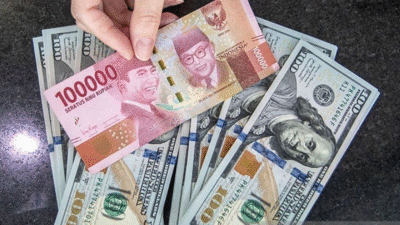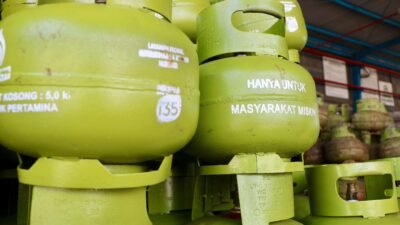In a move that has attracted both praise and concern, Indonesia recently began exporting rice to Malaysia, marking a significant step in its agricultural trade. On the surface, this development is seen as a milestone. After all, Indonesia has long been viewed as a rice-importing nation. Now, it is stepping into the role of a rice exporter.
However, experts and industry stakeholders are urging caution, citing various risks and long-term implications. While the move seems promising, a deeper look reveals potential pitfalls that need immediate attention.
📉 Domestic Supply: Is Indonesia Truly Ready to Export?
One of the biggest concerns is whether Indonesia has enough rice surplus to support exports without compromising local food security. Although the government claims there is sufficient stock, local fluctuations in harvest yields due to climate change, pests, and inconsistent agricultural policies pose serious threats.
Moreover, rice is a staple food for over 270 million Indonesians. Any disruption in supply or spike in prices could lead to public unrest or inflation. Thus, before prioritizing international sales, the government must ensure that domestic needs are fully met.
🔄 Price Stability Could Be at Risk
Another issue is price volatility. If Indonesia continues to export rice while domestic production fluctuates, it could create upward pressure on local rice prices. This, in turn, could harm consumers—especially low-income households that are most sensitive to price changes in basic commodities.
Additionally, if other importing countries begin demanding large quantities, Indonesia could find itself in a delicate balancing act between satisfying export contracts and protecting local markets.
🌍 Geopolitical and Trade Implications
From a geopolitical standpoint, the export of rice to Malaysia could strengthen bilateral trade relations. However, Indonesia must be strategic. Overcommitting or entering export agreements without thorough planning could undermine the country’s credibility in the long run if it fails to meet delivery timelines or volume commitments.
Furthermore, depending too much on one trade partner—like Malaysia—can lead to economic vulnerability. Diversification and strong domestic foundations should come first.
✅ Conclusion: Export with Caution, Secure Domestic Needs First
Indonesia’s rice export to Malaysia is a significant moment, but not without risks. While it’s natural to celebrate the progress of the agricultural sector, the government and policymakers must carefully assess the sustainability of such exports.













